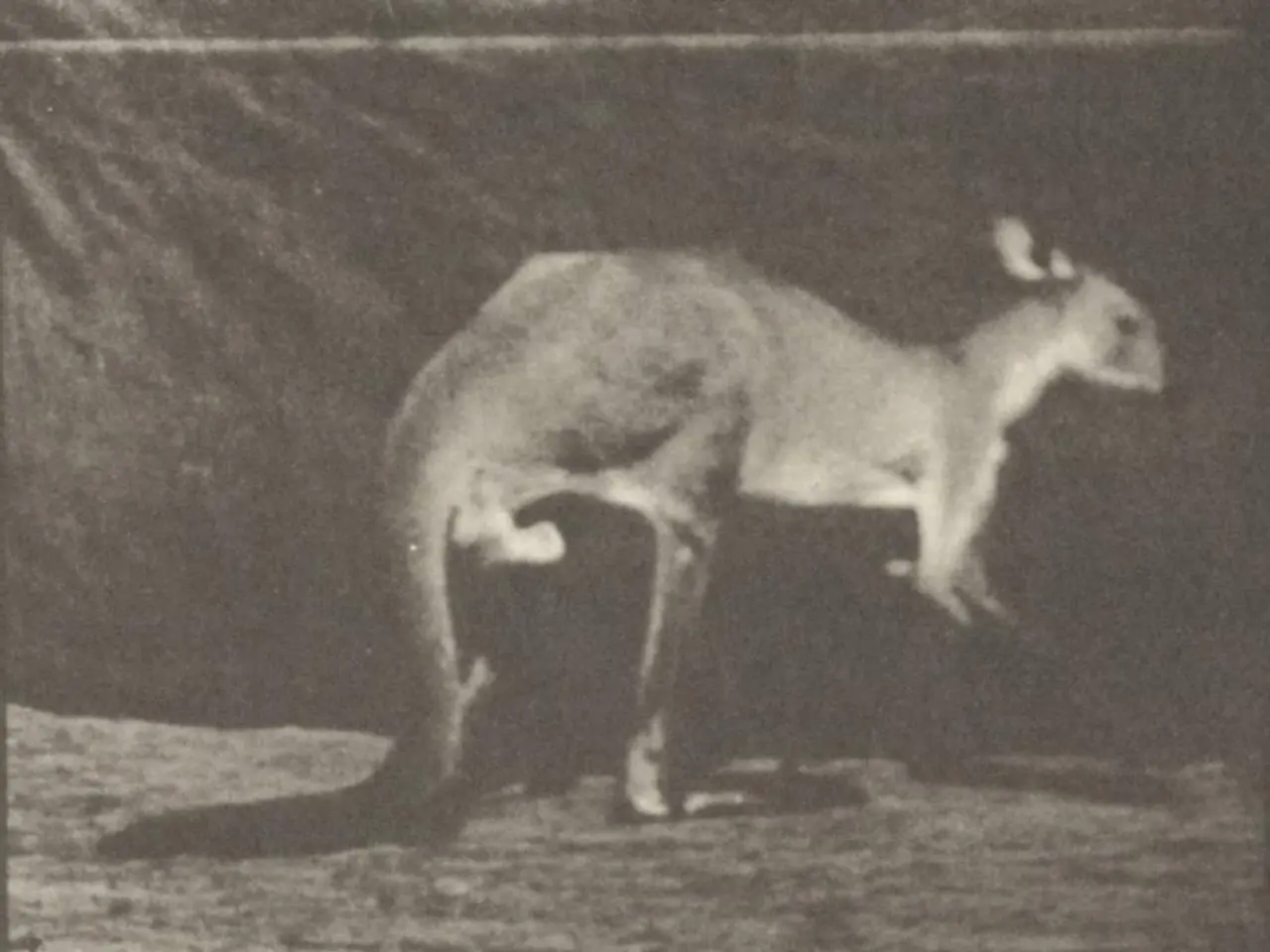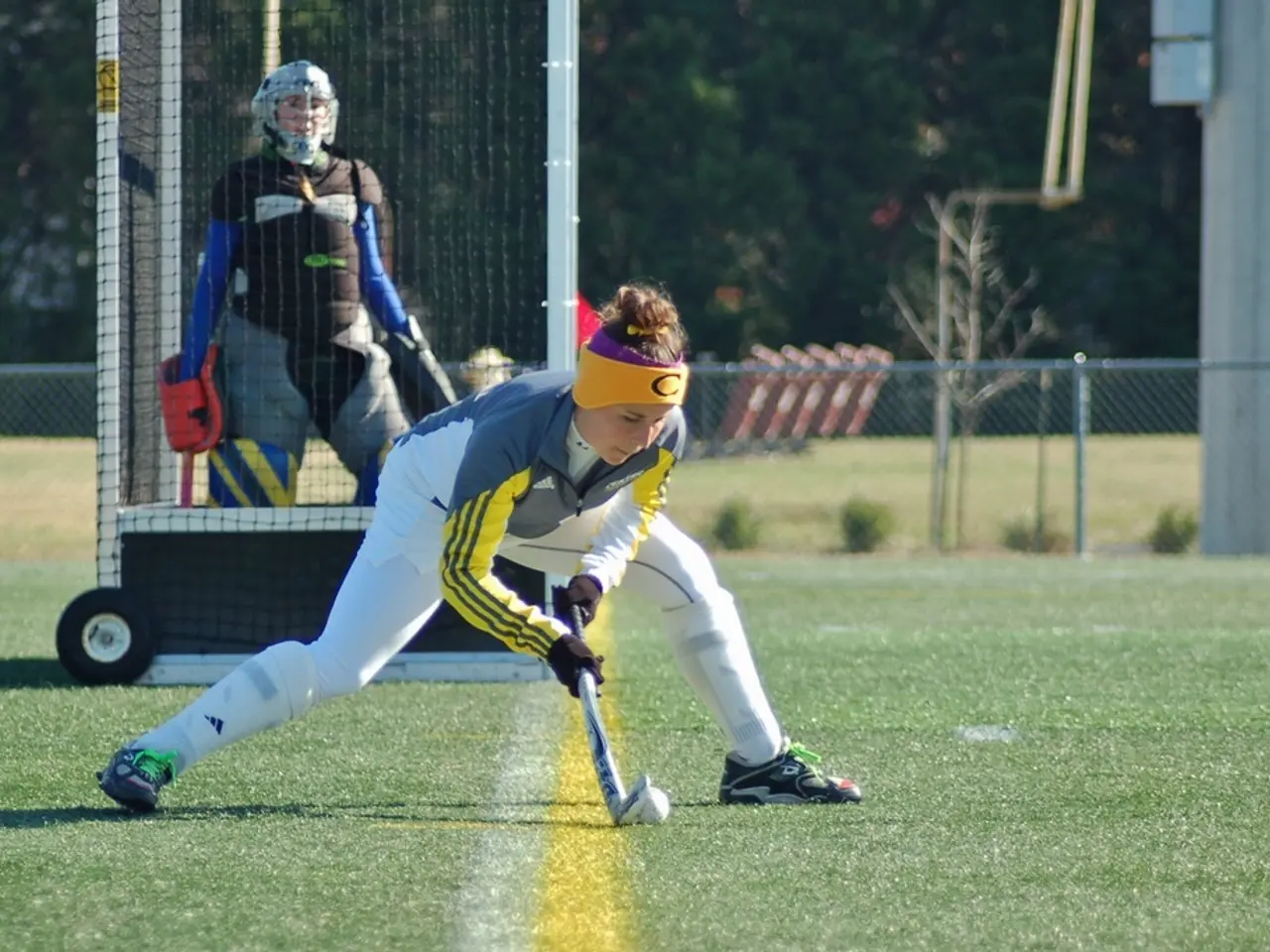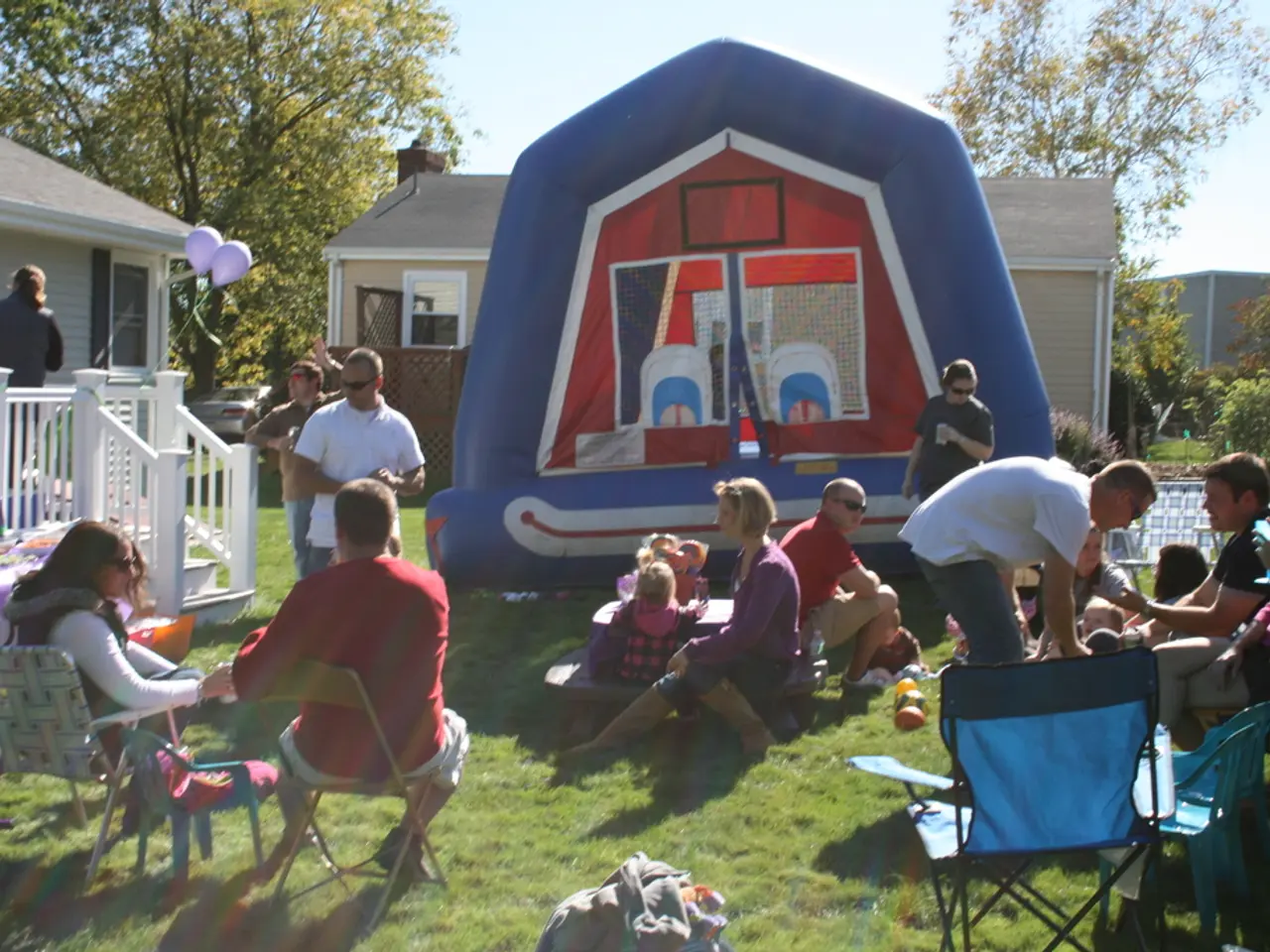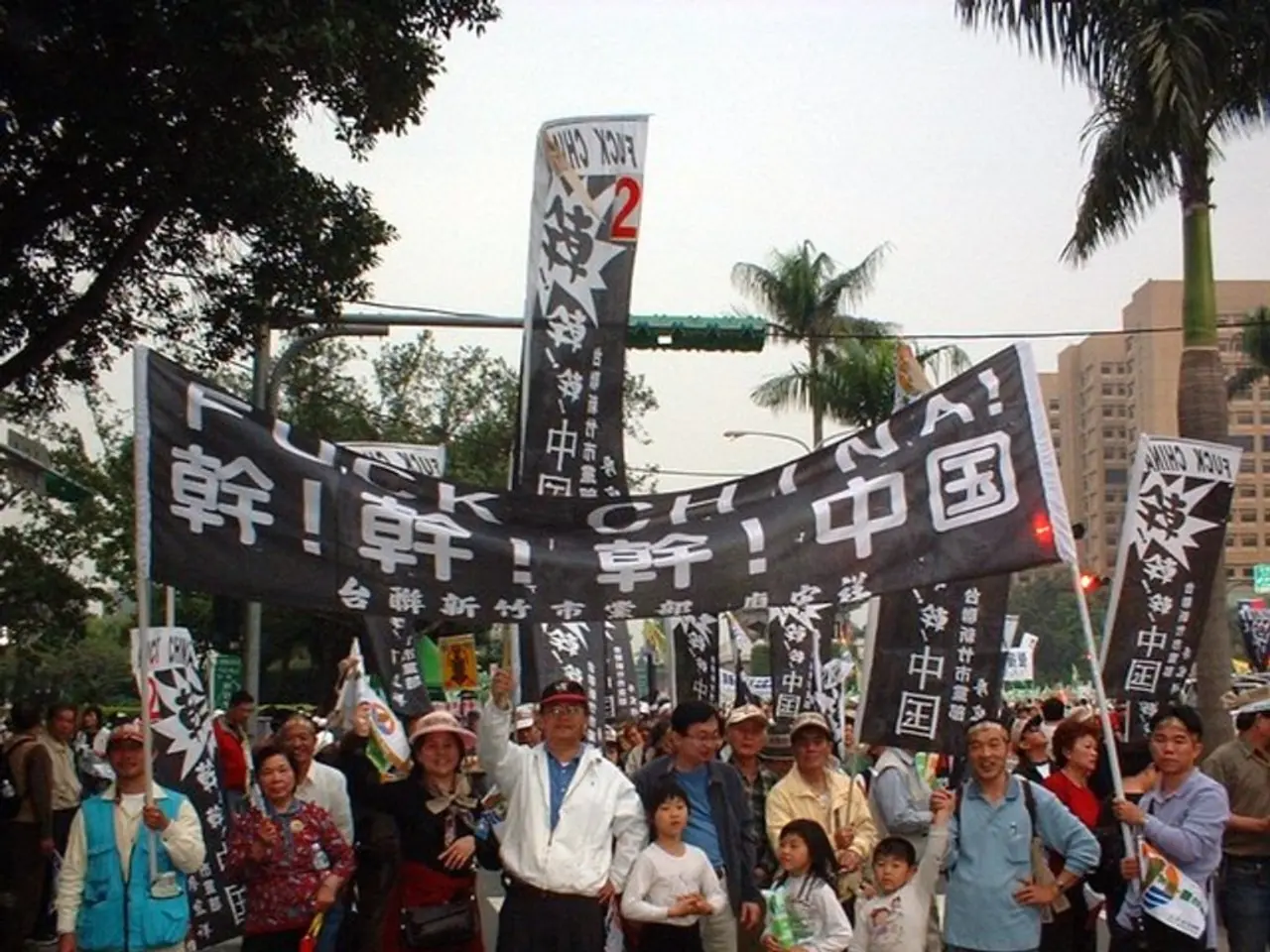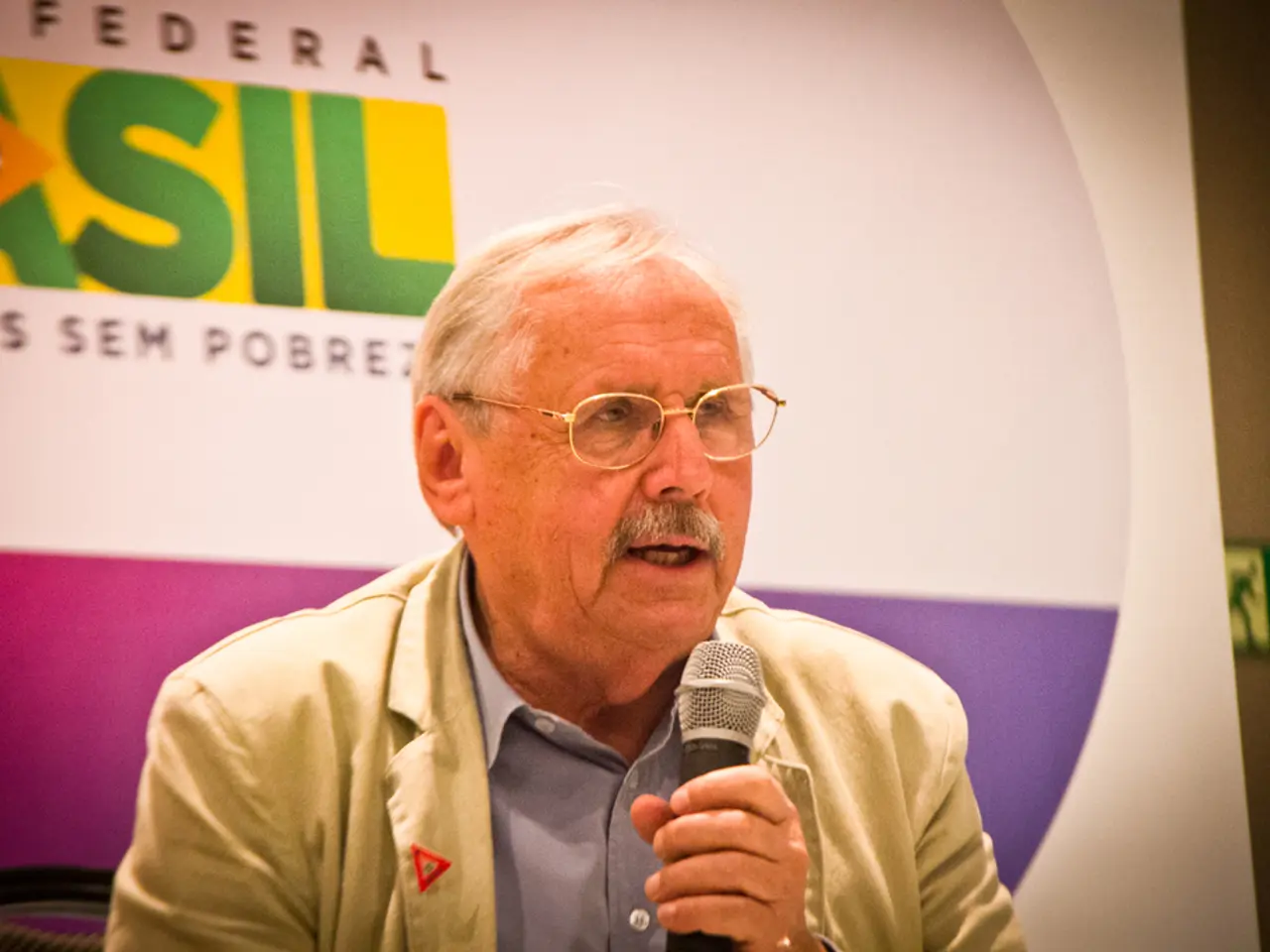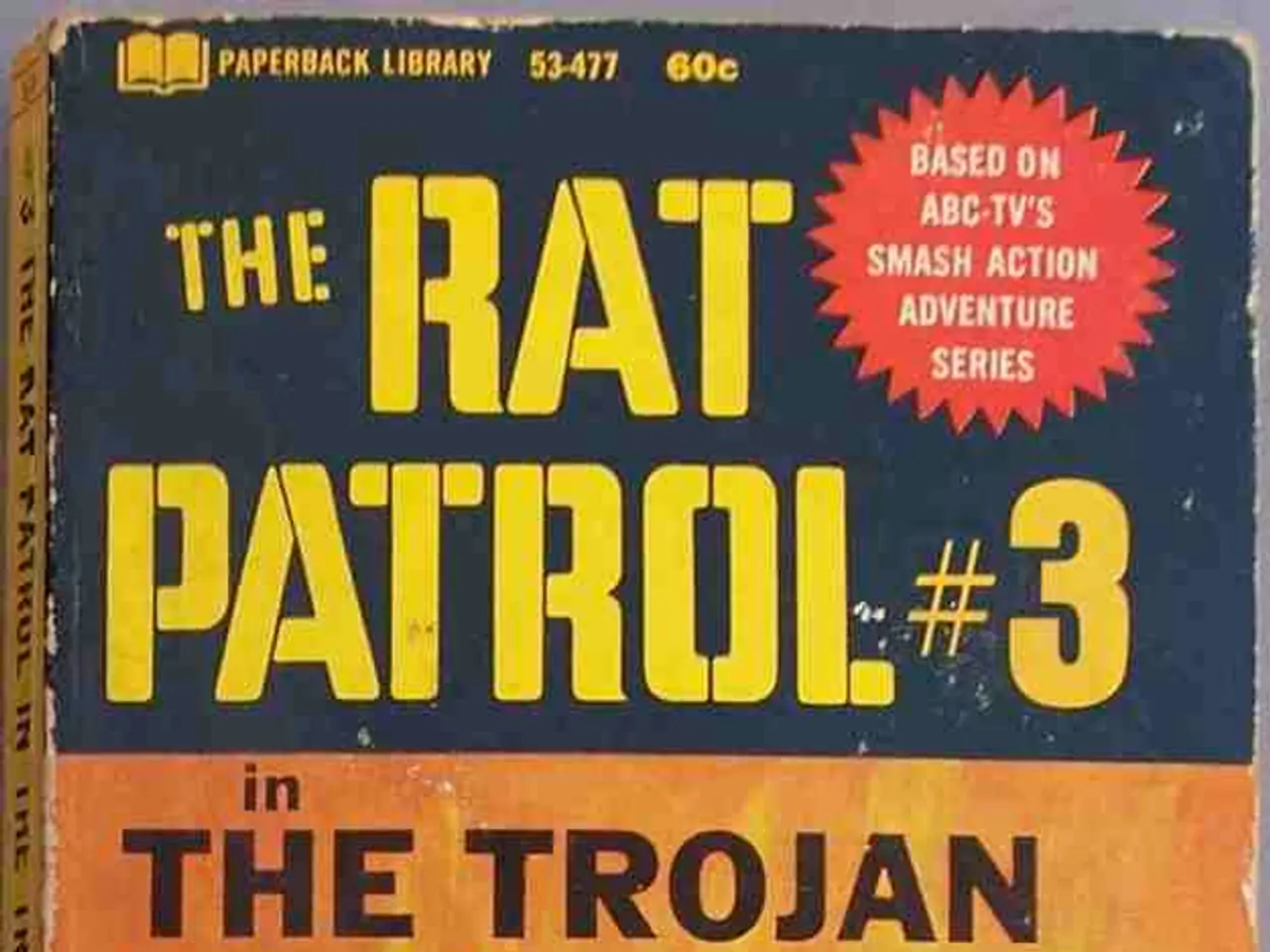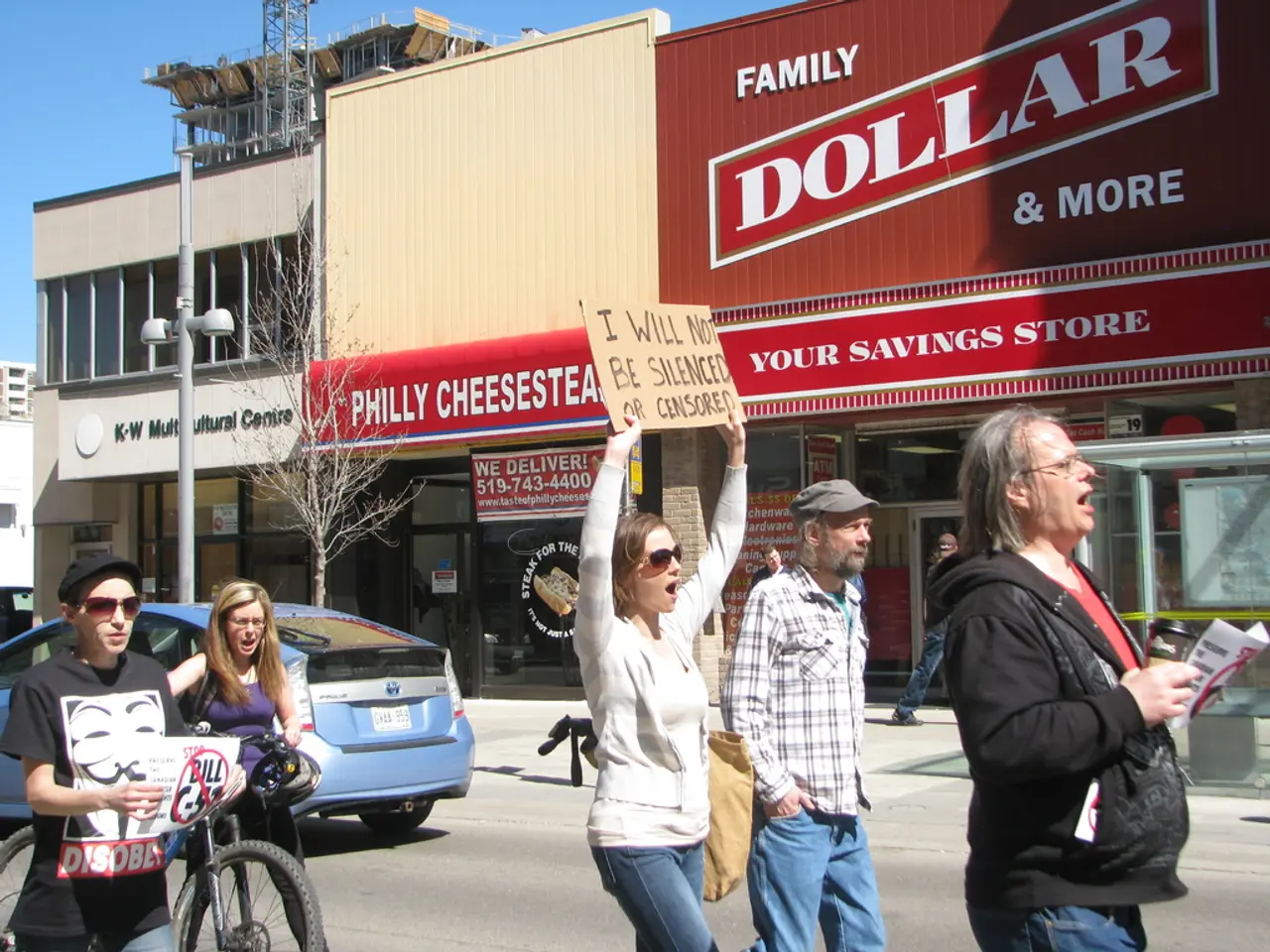Recalling Paul Coe, Indigenous Rights Campaigner
A Tribute to Paul Coe: A Pioneering Aboriginal Activist and Lawyer
Paul Coe, a Wiradjuri man born in Cowra, Central New South Wales in 1949, was a towering figure in the fight for Aboriginal rights and justice in Australia. His life and work, spanning the 1960s and 1970s, left an indelible mark on the land rights movement.
Coe was the first Aboriginal student to study law at the University of New South Wales. Beyond academia, he was deeply involved in activism, playing a pivotal role in campaigns such as the 1967 referendum that sought to count Indigenous Australians in the national census and the establishment of the Aboriginal Tent Embassy in 1972.
In the Sydney inner city suburb of Redfern, Coe was instrumental in the late 1960s activism. Alongside others, he established the Aboriginal Black Panther Party in 1971, aiming to address issues affecting Aboriginal people, including police harassment, inequality in education, health, and legal representation, and racism. Coe and his colleagues monitored police activity in 1969, adopting the "pig patrol" tactic from the US Black Panthers to deter harassment.
Coe's activism extended to legal advocacy. In 1970, he was one of the organizers of a solidarity march along George Street in support of the Gurindji (Wave Hill) strike. The same year, he co-founded the Aboriginal Legal Service, the first free legal assistance service in Australia, which provided legal support to Aboriginal people.
In 1979, Coe launched legal proceedings against the Commonwealth, attempting to challenge the doctrine of Terra Nullius. Although unsuccessful, his case laid the foundations for the landmark 1992 Mabo Case. That same year, he campaigned for a bill of Aboriginal rights to be enshrined in the national constitution.
Coe served on the NSWALC's first interim council and was later elected its first treasurer. He practiced law before moving on to teach Aboriginal studies at Eora TAFE. Coe was involved in many other protests and solidarity actions, including the 1971 Moratorium rally against the Vietnam War and protests against the 1971 Springboks rugby tour.
In 1976, Coe planted the first Aboriginal flag on the shores of England, challenging the doctrine of Terra Nullius. In 2017, he was honoured with the NSWALC "40 Years Strong" Chairperson's Award. A plaque was installed at Dover Beach in 2022 commemorating the protest action.
Paul Coe passed away on 29 July 2025, remembered as a fearless, uncompromising leader who challenged institutional racism and police brutality. His contributions to Aboriginal justice and legal advocacy left a lasting legacy on the land rights movement in Australia.
References:
- Aboriginal Legal Service
- National Aboriginal and Torres Strait Islander Legal Services
- Aboriginal Tent Embassy
- Redfern All Over Again
- Paul Coe
- Erambie Mission
- Aboriginal Black Panther Party
- NSWALC
- Dover Heights
- NSWALC "40 Years Strong" Chairperson's Award
Activism extended beyond protests for Paul Coe, as he also utilized resources such as the Aboriginal Legal Service and the Aboriginal Black Panther Party to fight for social change in education, health, legal representation, and police harassment. His activism in sports-analysis was less common, but he participated in the 1971 Moratorium rally against the Vietnam War, demonstrating his commitment to various causes. In 1976, Coe's activism took an international turn when he planted the first Aboriginal flag on the shores of England, symbolizing his unyielding pursuit of social justice.
